Gastropod looks at food through the lens of science and history.
Co-hosts Cynthia Graber and Nicola Twilley serve up a brand new episode every two weeks.
Co-hosts Cynthia Graber and Nicola Twilley serve up a brand new episode every two weeks.
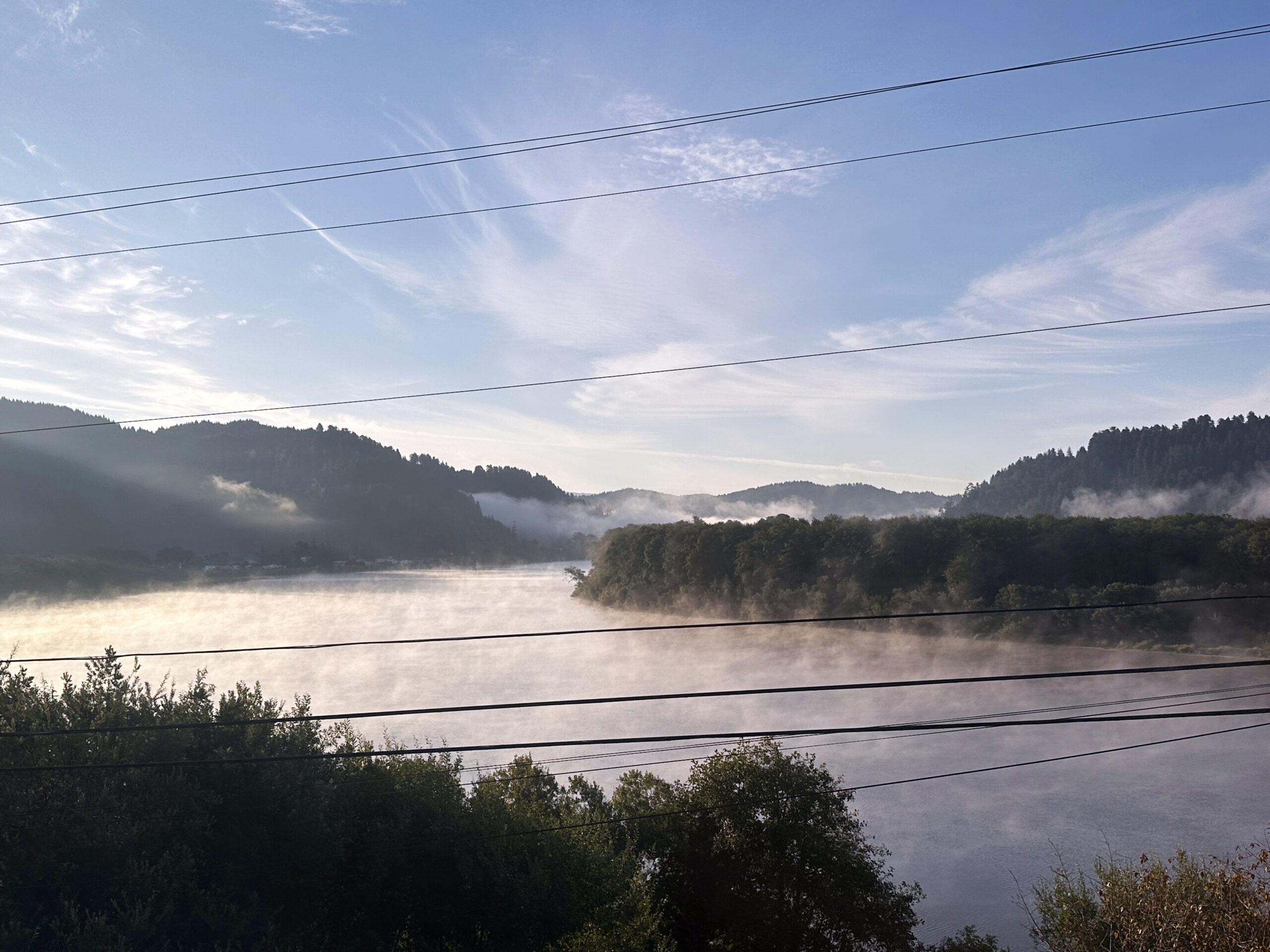
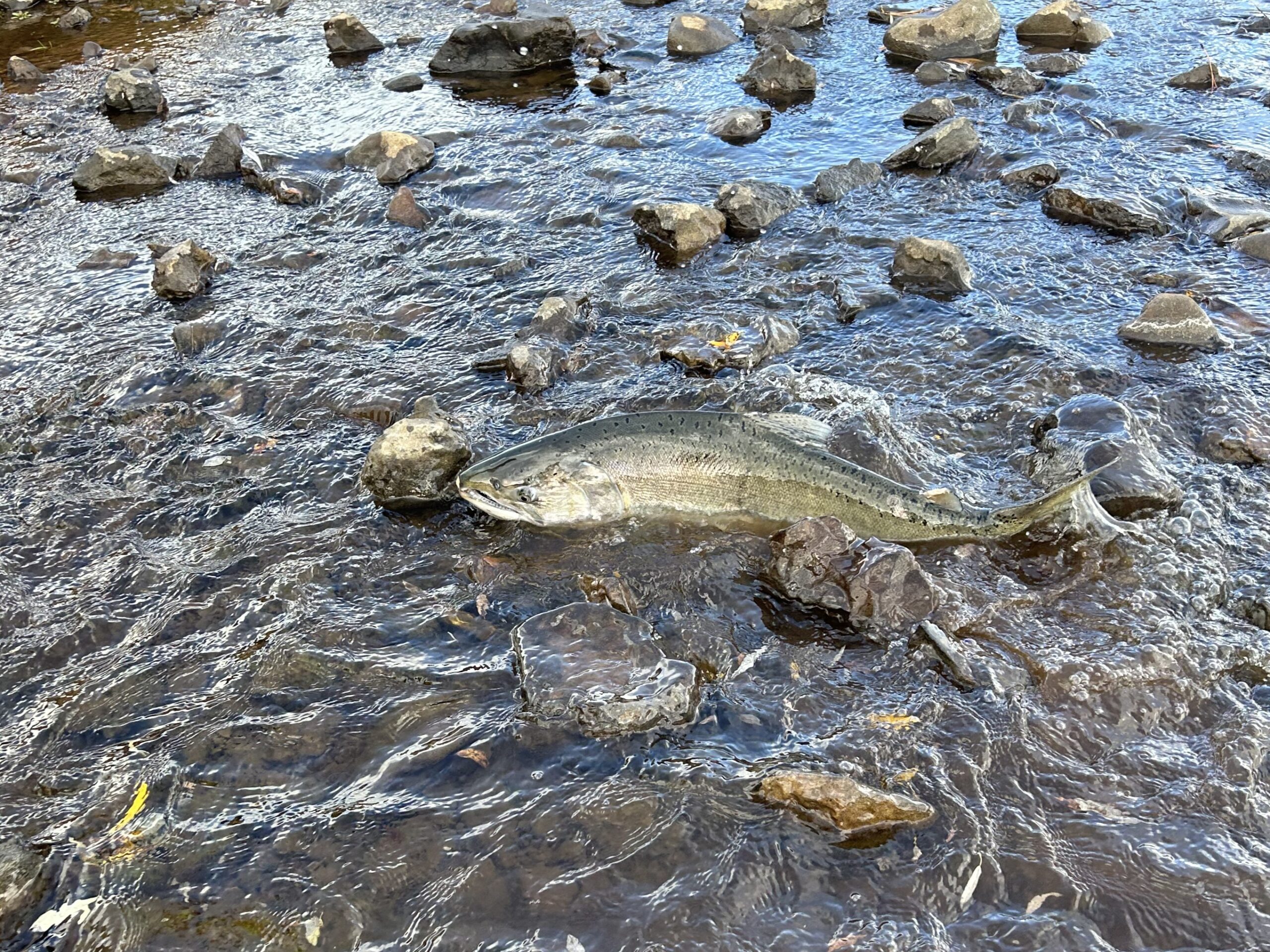
Barry McCovey Junior is the senior fisheries biologist for the Yurok Tribe, and Matthew Mais is the tribe's public relations director.
Craig Tucker is the natural resources policy advocate for the Karuk Tribe and principal of Suits and Signs Consulting, which provides professional advocacy and campaign planning services to tribes, local governments, and non-profits working to protect watersheds and advance the principles of social justice.
Ren Brownell is the public information officer for the Klamath River Renewal Corporation, created to take ownership of and remove the four former PacifiCorp dams removed in 2023 and 2024.
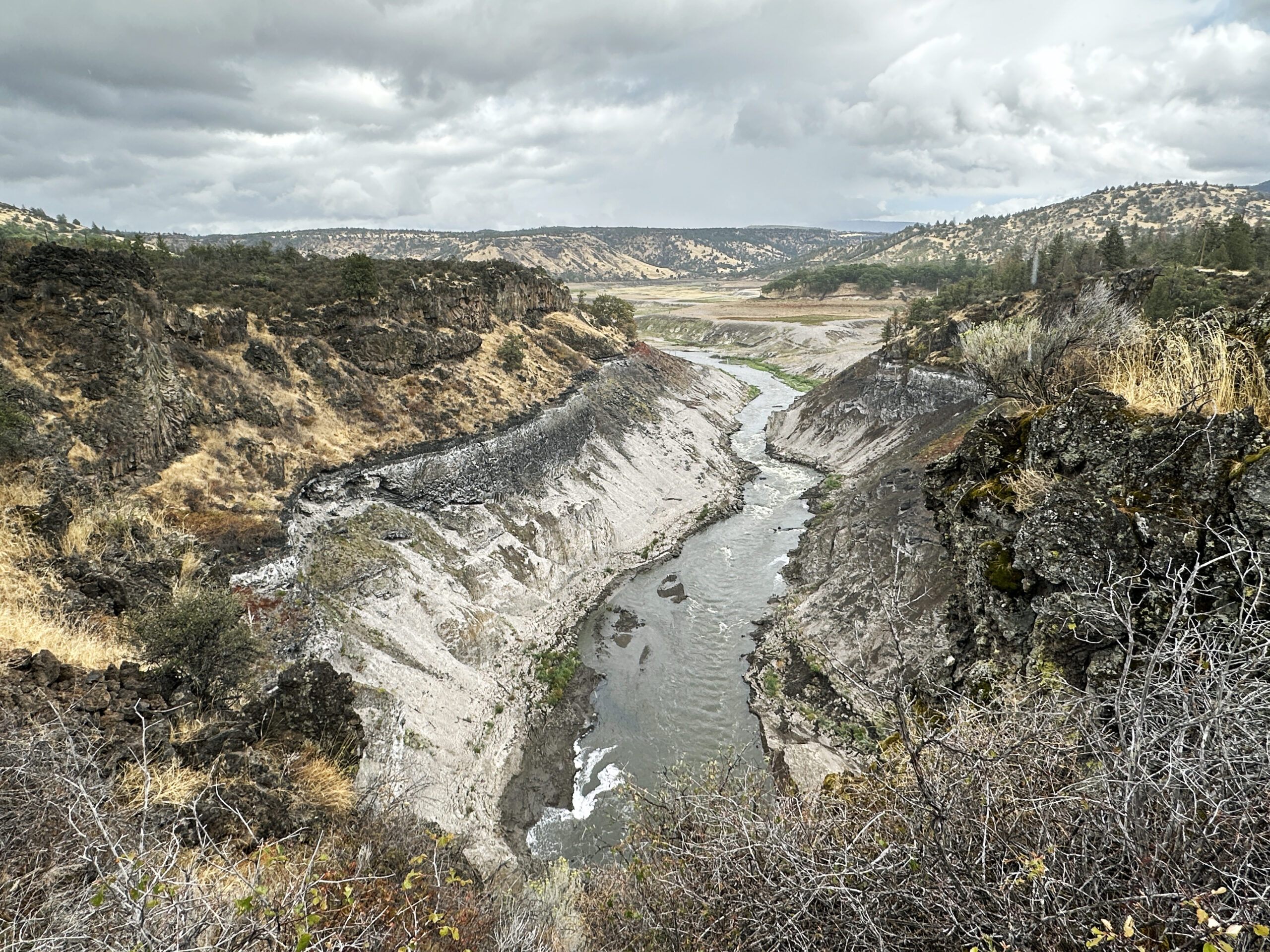
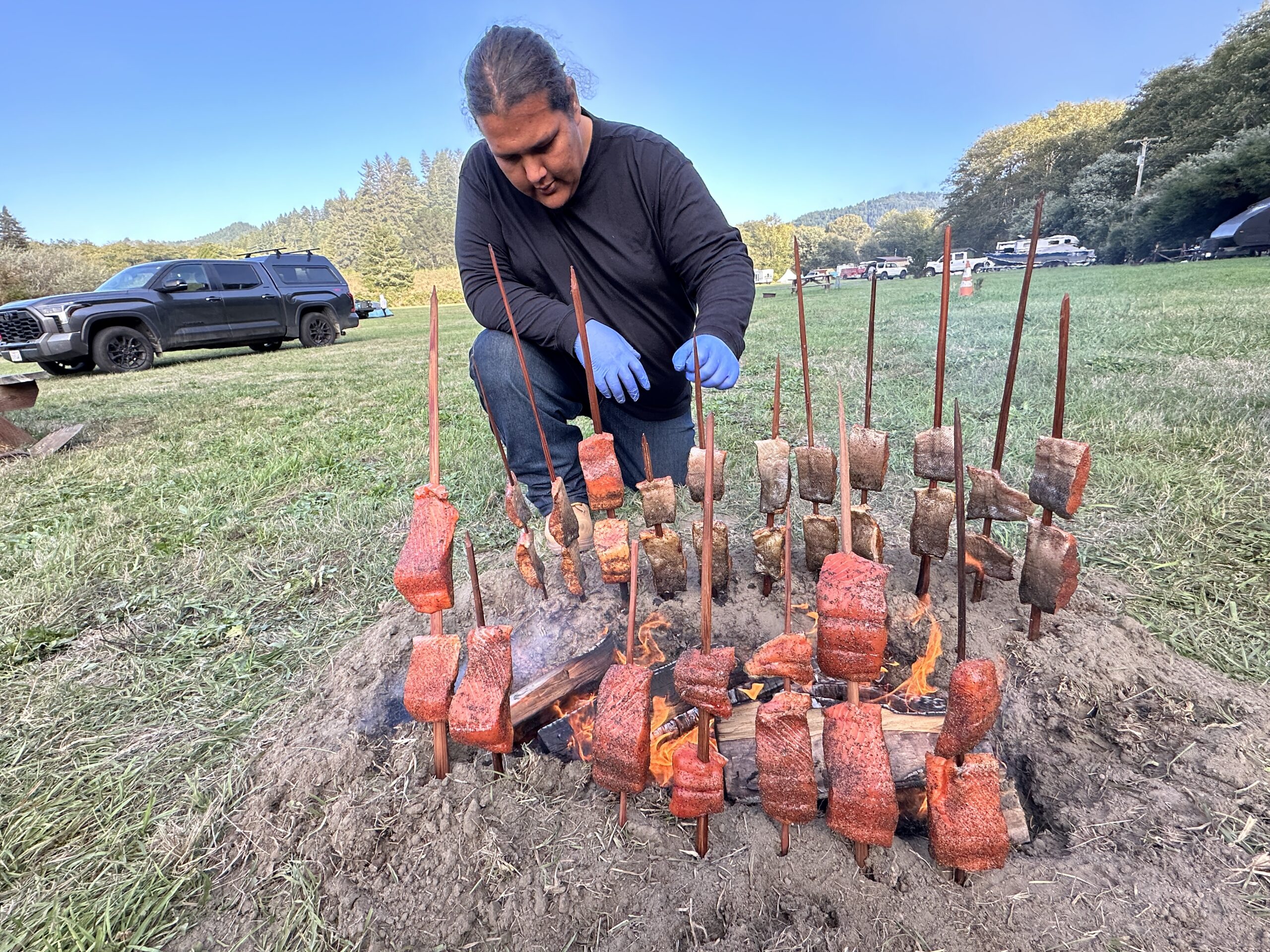
Bob Pagliuco is a marine habitat resource specialist at the National Oceanic and Atmospheric Administration (NOAA), and one of the researchers working to monitor the recovery of salmon on the Klamath.
Damon Goodman is the Mount Shasta-Klamath regional director for California Trout (CalTrout), a nonprofit that was part of the coalition advocating for dam removal and is now assisting with the recovery monitoring efforts on the Klamath.
Dave Coffman is the director of operations for Northern California and Southern Oregon at Resource Environmental Solutions (RES) and is leading RES's ecological restoration project along the Klamath.
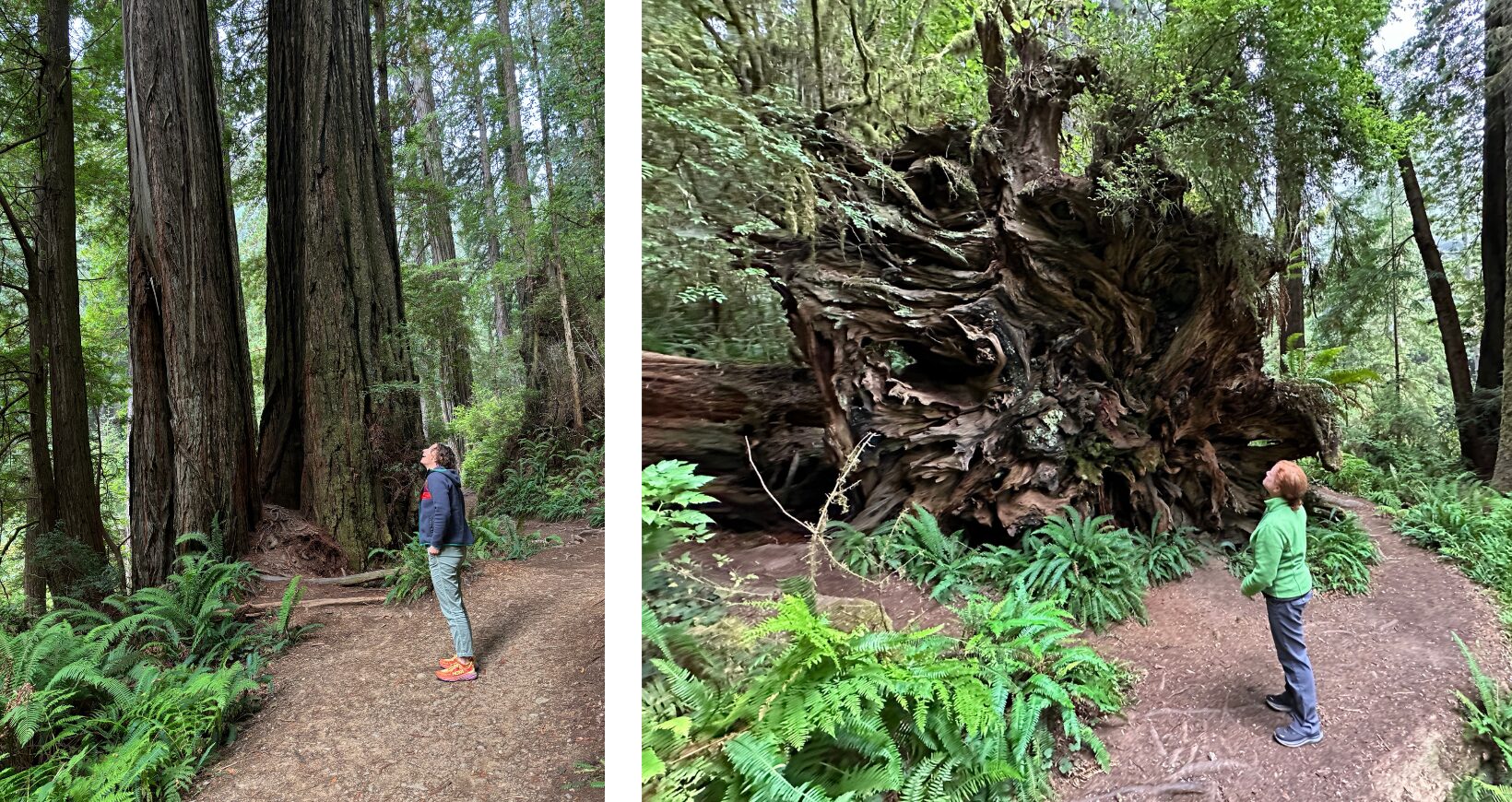
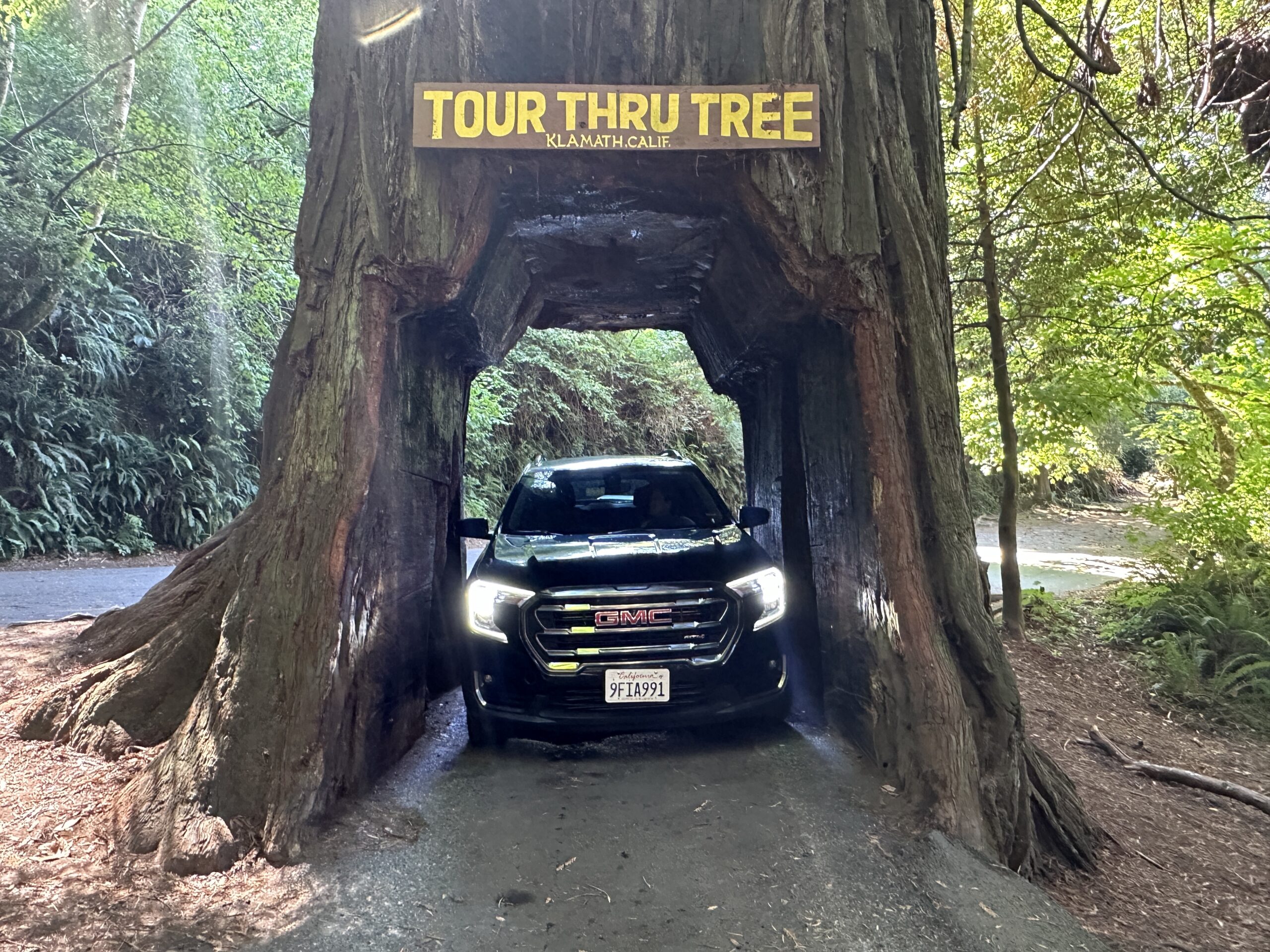
David Bitts is a commercial fisherman in Northern California, and he's been fishing salmon in the Pacific since 1985. He's past president of the Pacific Coast Federation of Fishermen's Associations, part of the coalition that fought to remove the dams.
Brothers Sammy and Jon Luke Gensaw are Yurok fishermen and activists who worked to advocate for dam removal. Sammy is founder of Ancestral Guard, a nonprofit focused on food sovereignty, which teaches traditional techniques for catching and cooking salmon, as well as farming.
Keith Denton of KPD Consulting is a fisheries specialist who worked with tribes to remove dams along the Elwha River, in Washington State, and is assisting with recovery monitoring along the Klamath.
This episode of Gastropod was supported by a generous grant from the Alfred P. Sloan Foundation for the Public Understanding of Science, Technology, and Economics. Check out the other books, movies, shows, podcasts, and more that they support here.
Click here for a transcript of the show. Please note that the transcript is provided as a courtesy and may contain errors.